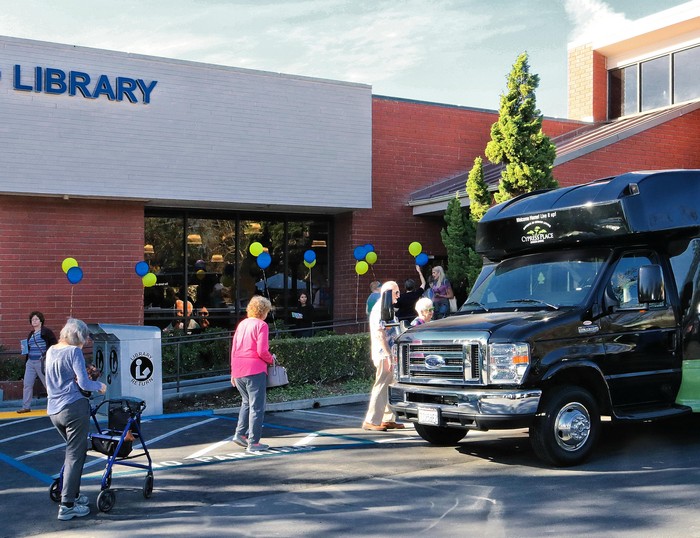by Lori Harasta
A huge hole is left after SCAN Health &Wellness Center closed its doors on December 15th. For 11 years, the center provided a meeting place where patrons enjoyed evidence-based exercise classes, guided meditations, technology training, nutrition and weight loss groups, performing arts and Zumba to name a few.
Rosemary Molloy was both a participant and an instructor. “The SCAN Health & Wellness Center was part of my happy adjustment to the West Coast when I moved to Ventura two years ago. In addition to the great classes and social opportunities, I taught “Acting for Amateurs” and had hoped to continue in 2018. I was dismayed to hear the center was closing.
Regulars are left reeling, with no backup plan. The only senior center serving the City of Ventura is on Ventura Avenue.
City Councilwoman Cheryl Heitmann commented, “It is disappointing to see a loss of resources for our senior population. SCAN offered many valuable programs that I hope we can find other ways to continue to provide.”
Ms. Molloy remarked, “My strongest wish for the future is that an adult center be established on the east side. I believe such a center would be the source of much activity and enjoyment for mature adults–and I’d love to offer “Acting for Amateurs” for them again.”
Suz Montgomery, Chair of the Ventura Council for Seniors (VCS), is a staunch and tireless advocate for older adults. “With but one senior center on the far west end, city leaders must make it a priority to fund a facility for older citizens on the east side, particularly in light of the SCAN closure. The city’s 60+ population is nearly 30% and is growing rapidly.
The space left by SCAN may be the perfect temporary solution while a new senior center is being planned and built.
While the doors are closing, SCAN’s Jacqueline Lauder, MSG points out that it does not mean SCAN is turning its back on our community. They will still provide a Medicare Advantage health plan in Ventura County. In addition, they recently awarded a $20,000.00 grant to the SNAP program, and will continue to support local non-profits that share common goals.
